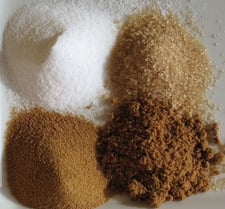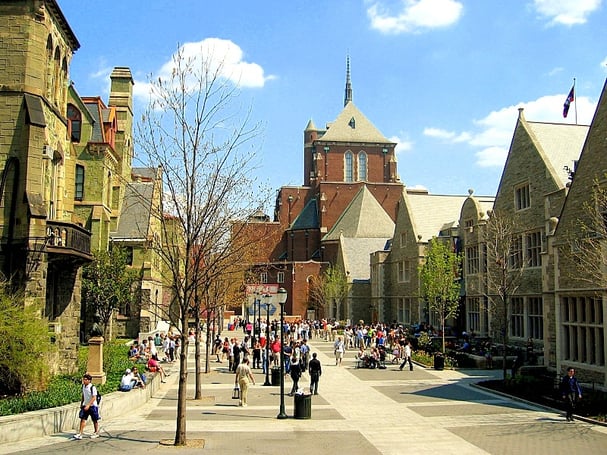 Type 2 Diabetes, the most common form of Diabetes, affects nearly twenty-nine million Americans. Sufferers' bodies resist any insulin being produced, causing blood glucose levels to rise above normal. This condition is associated not only with hyperglycemia, but also with excess fat in skeletal muscles, although the actual cause of insulin resistance has not previously been known.
Type 2 Diabetes, the most common form of Diabetes, affects nearly twenty-nine million Americans. Sufferers' bodies resist any insulin being produced, causing blood glucose levels to rise above normal. This condition is associated not only with hyperglycemia, but also with excess fat in skeletal muscles, although the actual cause of insulin resistance has not previously been known. Recently, a team of researchers from the University of Pennsylvania found a link between Type 2 Diabetes and high levels of certain amino acids, providing insight into insulin resistance.
Dr. Zolton Arany, MD, PhD from UPenn explained, "This research sought to answer a few large questions. How does fat get into skeletal muscle? And how is the elevation of certain amino acids in people with Diabetes related to insulin resistance? We have appreciated for over ten years that Diabetes is accompanied by elevations in the blood of branched-chain amino acids, which humans can only obtain in their diet. However, we didn’t understand how this could cause insulin resistance and Diabetes. How is elevated blood sugar related to these amino acids?”
By conducting a study using mouse models, the UPenn research team found that 3-HIB, a compound formed from the breakdown of amino acids, is produced from muscle cells and can activate other cells to carry fat into the tissue of skeletal muscles. This transportation of fat into the skeletal muscles leads to fat accumulation, which contributes to insulin resistance. The researchers also found that inhibiting the synthesis of 3-HIB blocked fat from accumulating in the muscles.
Along with researching 3-HIB in mice, the Philadelphia research team also found elevated levels of the molecule in people with Type 2 Diabetes.
“The discovery of this novel pathway – the way the body breaks down these amino acids that drives more fat into the muscles – opens new avenues for future research on insulin resistance, and introduces a conceptually entirely new way to target treatment for Diabetes,” said Arany.

Researchers from the University of Pennsylvania are consistently working to answer pressing life science research questions. The university also continually expands its research capabilities by establishing new research departments and centers.
Current life science news from UPenn:
- UPenn Opens Center for Advanced Cellular Therapeutics
- UPenn Study Reveals New Contributor to Colon Cancer
- UPenn Researchers Study Cellular Therapy for Brain Cancer
- New Preemie Research Center to Open at UPenn
In the 2015 fiscal year, the University of Pennsylvania received 1,095 awards, totaling more than $457.9 million in life science funding from the National Institutes of Health (NIH). So far in 2016, the institution has already been granted $33.6 million.
Departments at the university receiving considerable portions of funding include:
- Internal Medicine/Medicine - $100.2 million
- Pathology - $48.1 million
- Pharmacology - $31.3 million
- Radiation-Diagnostic/Oncology - $22.7 million
- Microbiology/Immunology/Virology - $16.06 million
Interested in exhibiting your lab products to active researchers in this thriving marketplace? Consider attending Biotechnology Calendar, Inc.'s 17th annual BioResearch Product Faire™ Event at the University of Pennsylvania coming up on May 12, 2016. This is a great opportunity to meet with life science researchers who are interested in discovering new products and technologies to help further their work. This fun and professional event allows you to interact with more than four hundred researchers in Philadelphia, close to the labs where the research is taking place.
If you are a science supply company interested in marketing your lab products to researchers at UPenn on 5/12/16, please visit the link below to learn more:
If you are a life science researcher interested in attending the UPenn BioResearch Product Faire™ event, please visit the link below for registration information:



